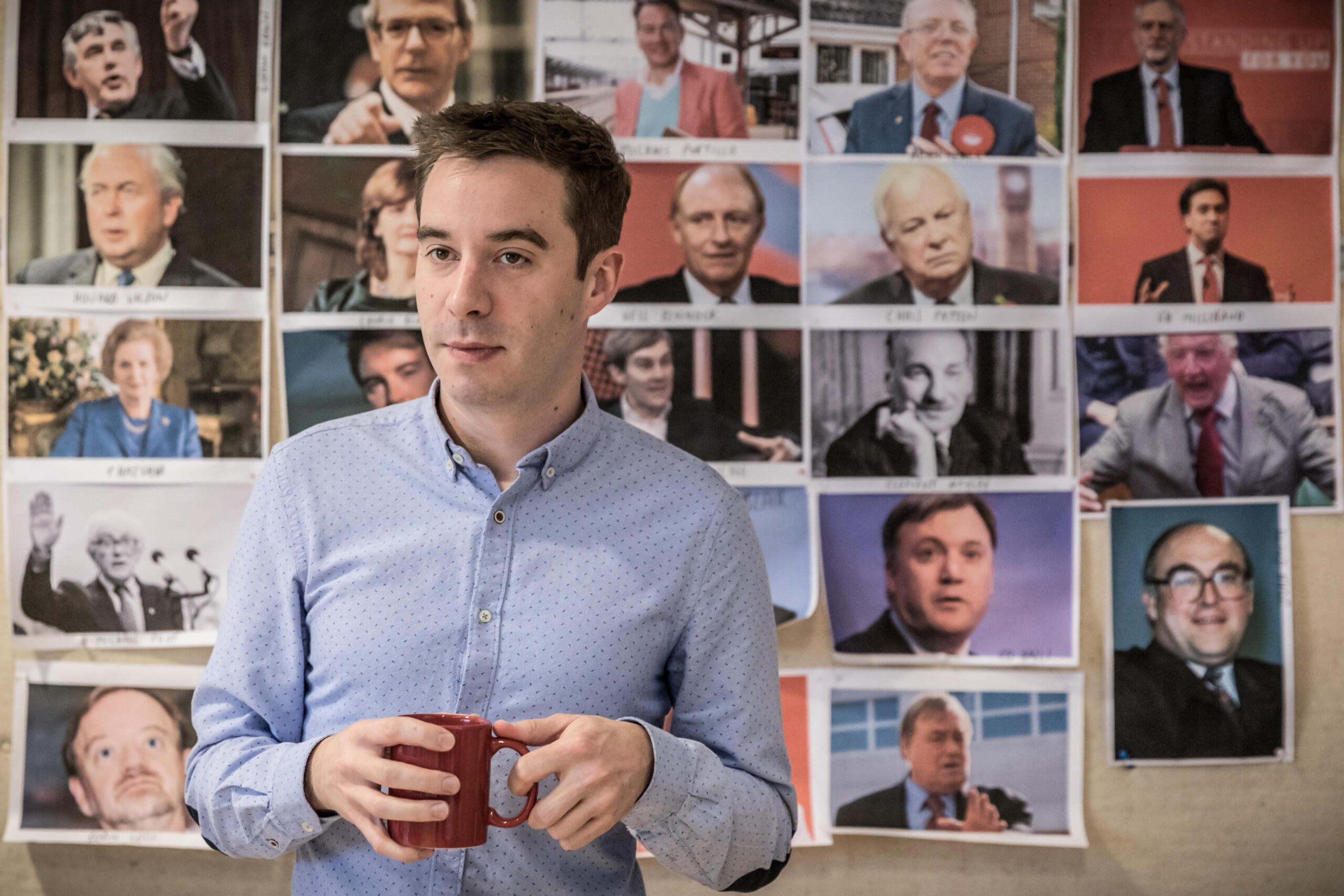Playwright
“Theatre will always be my biggest love because of the ‘liveness’. Because the audience is in that space and it’s one of the few platforms and mediums we still have left where you have to assemble physically as a community. It’s shared and it’s live and it changes every single night.”
James Graham
Role
In theatre, a Playwright is the person responsible for writing the script that a Director, working with other members of a Creative Team, will bring to life with a cast of actors. Often the play is an original idea of the playwright’s, developed in discussion with a Director or Literary Manager, or is written in response to a brief. A play may also be a new version of an older play updated for modern audiences or an adaptation of a novel, film or other literary/art work.
Professional Playwrights are usually freelance, meaning they are self-employed, and write on commission for a theatre/company in return for a fee. (The Writers’ Guild of Great Britain and the Independent Theatre Council currently recommend £8,700 for a play over 70 minutes in length.) Playwrights can also be ‘Writers-in-Residence’ at theatres and other venues, including schools and prisons.
Responsibilities
- Working to strict deadlines to deliver the developing drafts of a play
- Responding to notes/feedback from a director, dramaturg or Literary Manager and, where necessary, making rewrites to the script
- Attending rehearsals to support the director and cast in the interpretation of the play
- Proofing the published version of the script and other relevant copy
- Where required, to take part in press and marketing to help publicise the production of the play
Key Skills
Training
No formal academic qualifications are necessary to become a Playwright, although having studied English and/or Drama will help in the understanding of dramatic structure and developing important analytical skills. Short courses are also available in addition to degrees at under and post-graduate level (see below).
Many theatres run Writers’ Groups, which equip aspiring playwrights with an understanding of writing for theatre and, more importantly, provide a supportive environment in which to share ideas, meet other emerging writers and start to develop vital theatre contacts. The best training remains to read as many plays from the world repertoire as possible, to see as many productions as possible and to write as much as possible.
Courses
Other courses are available. Those above represent a sample from various drama schools and universities.
Further Reading
- The Crafty Art of Playmaking by Alan Ayckbourn, 2002
- Playwriting – A Practical Guide by Noel Greig, 2005
- The No Rules Handbook for Writers by Lisa Goldman, 2012
- So You Want To Be A Playwright by Tim Fountain, 2008
- How Plays Work by David Edgar, 2009
- Making Plays by Richard Nelson and David Jones, 1995
